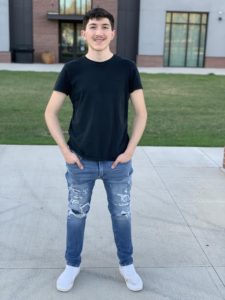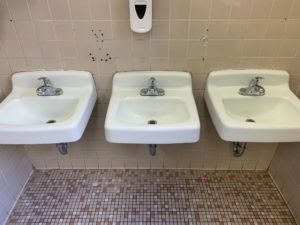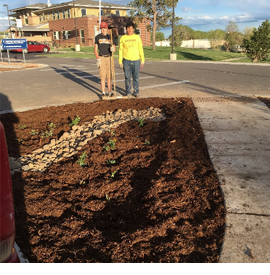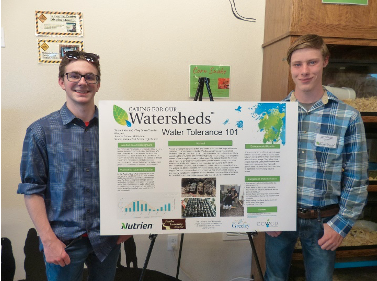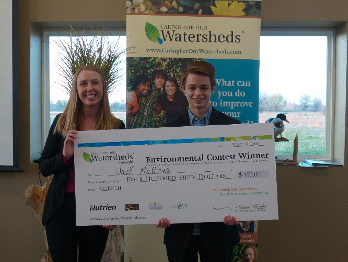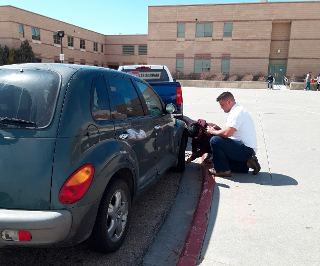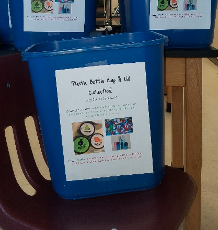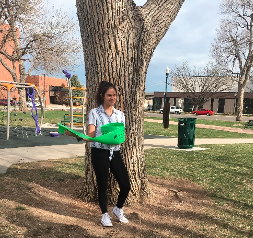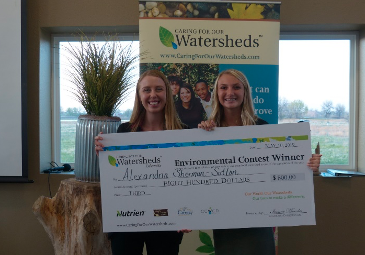2021, Greely, Colorado, USA
Global Climate Change is increasing the severity of our shortening water supply. Jorge Rubio learned that the Northern Colorado population is expected to grow in the next few decades, causing great concern for meeting future water demands. Jorge wanted to take action, so he looked into his school’s water use. To do this, Jorge collected data at his school to determine how much water was being used in the bathrooms for hand washing purposes. He found that replacing the old faucets at his school could cut water use by 30,429 gallons in one school year! Jorge used Nutrien’s implementation funds to install new and more efficient water faucets on the main floor. He wanted to expand his efforts, so he raised an additional $800. He hopes to install more faucets at his school to continue improving water efficiency in his watershed. He looks forward to continuing with his mission!
